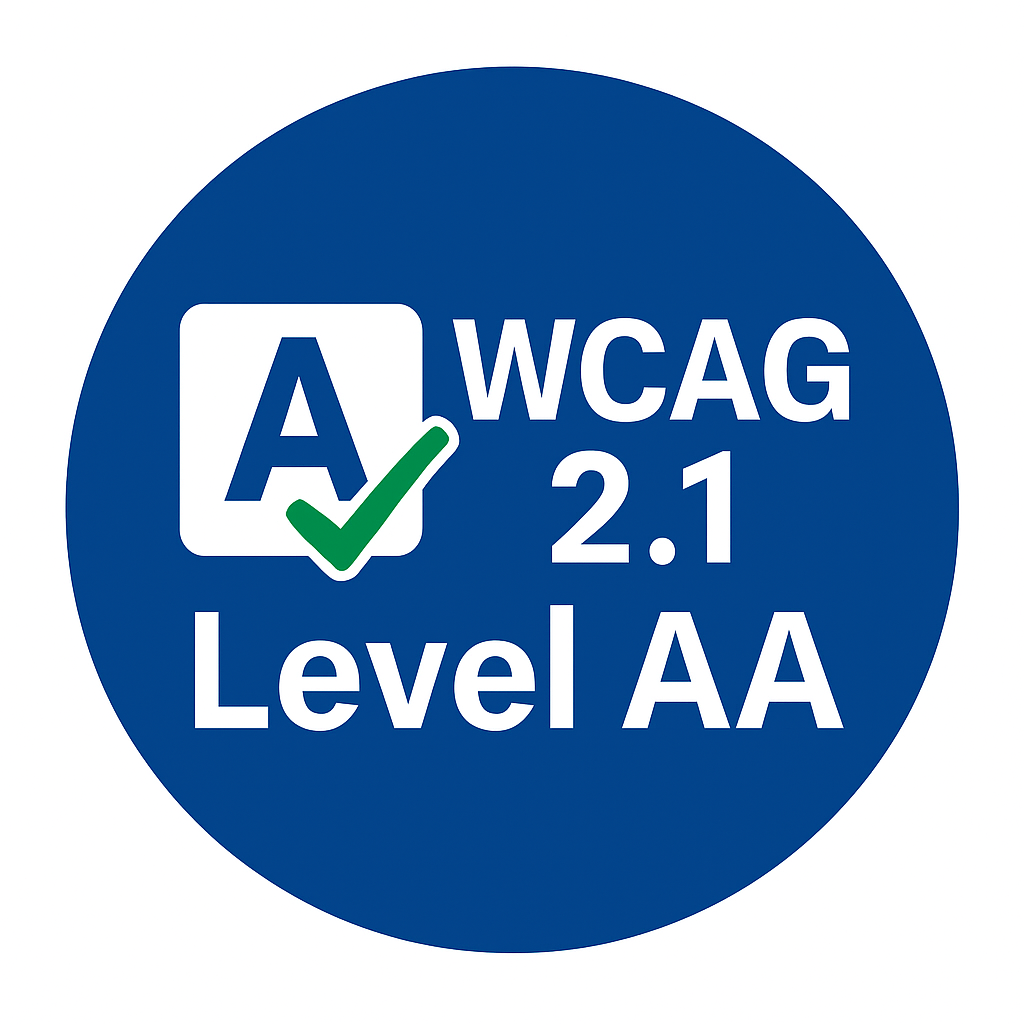After the receipt of a complaint or appeal in the Dak Section the following activities are taken on it:-
(a) After the receipt of a complaint or appeal, a dak registration number is given. Those who deliver the dak personally, they are given a receipt immediately. For any inquiry, applicant must quote this number. Once the case is registered, the case no. should be quoted.
(b) After classification of the dak in the dak section, if it pertains to a fresh complaint or appeal, it is sent to the CR Section.
(c) The dak is scrutinized in the CR Section as per the provisions in the RTI Act & Rules framed thereunder.
(d) If the appeal is in order as per the RTI Rules, it is registered and given a case number. Similarly, if it is a complaint under section 18 and is accompanied by at least a copy of the RTI request, it is registered and given a case number. After registration it is sent as per allocation of work.
(e) If the appeal is not accompanied by the specified documents, it is returned pointing out the deficiencies with a facilitation memo., for removing the deficiencies and re-filing the same. Similarly, if the complaint is not accompanied by an RTI request, a letter is issued asking for a copy of the same.
(f) If the appeal is premature i.e. filed without first filing a first appeal before the First Appellate Authority in the public authority concerned or filed without waiting for a period of 45 days from the date of filing the first appeal; in such cases it is rejected as premature.




